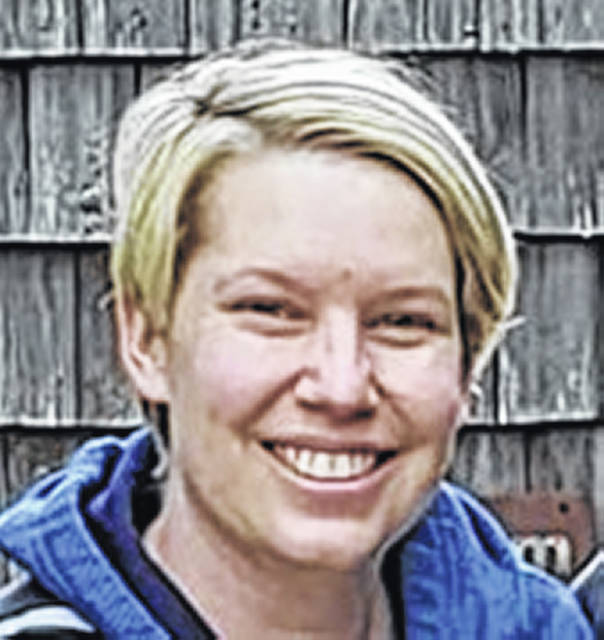
If the angel of the Lord appeared to you and said, “The Lord is with you, mighty warrior,” how would you interpret that statement? Would you understand it to mean that God is with you — an individual — or that God is with your community?
Maybe this seems like a stupid question. Why would the angel of the Lord show up to a single person and make a statement like this if it wasn’t directed at the person to whom the angel was speaking? And how often is the word “you” really used in a plural form anyway?
Of course the angel of the Lord would be referring to you — a single person — if this were to happen. Case closed.
So, it’s interesting that in the book of Judges, when this exact thing happens to Gideon, he goes the other way with it. Gideon does not assume that the angel of the Lord is saying that God is with him.
He takes it to mean that the angel is saying that God is with the nation of Israel.
Gideon says in response: “But sir, if the Lord is with us, why then has all this happened to us? And where are all his wonderful deeds that our ancestors recounted to us, saying, ‘Did not the Lord bring us up from Egypt?’ But now the Lord has cast us off, and given us into the hand of Midian.”
There are many moments in the Bible where the collectivist cultures of the people of the ancient Middle East bump up against our modern, western individualistic one. But this is perhaps the most obvious one.
It’s pretty clear from how we interpret this interaction in comparison to how Gideon interpreted it that there are some major cultural differences at play here.
Gideon was conditioned to think about his community, and to think about himself not necessarily as Gideon — but as Gideon the Israelite. We, on the hand, are conditioned to think about ourselves in a more distinctive way.
In our culture, individuals come first, and community comes last. That’s not a criticism exactly — it’s just how it is.
But what if we decided that we wanted to think less from an individual point of view, and more from a community point of view? What if we — as Christians — took this whole body of Christ thing seriously?
What if we decided that church was not something that we attended on Sunday mornings, but a relationship with other believers that we invested in, and lived into? What if we thought of our neighbors as fellow Image Bearers of God — as part of us — rather than as “others”?
What if — to cheesily paraphrase John F. Kennedy — we thought about how we are called to do our part for our communities, rather than what we could get from them?
Maybe Hope House would have all of the volunteers that it needed. (Shameless plug: Hope House needs hostesses! Being a Hope House hostess is safe and rewarding!)
Maybe people would feel welcome at church. Nobody would leave church on a Sunday morning without having been spoken to by somebody. There would be belonging for people of all walks of life — single, married, childless, young, old, poor, middle class, healthy, sick, etc.
Maybe folks who struggle with addiction — or with mental health problems — wouldn’t feel like they have to live in the shadows of shame. They would realize that having a problem is not the same as being a problem, and they would feel safe to pursue recovery or treatment.
Maybe there would be less division — all across the board. If we valued relationships over being right, we could then deal with our conflict in healthier ways, and not end up hating the “other side”.
Maybe our city would have less litter. Maybe teachers at our schools wouldn’t have to buy stuff for their classrooms out of pocket. Maybe the prevailing attitude in the community about people who are experiencing homelessness would change. Maybe kids wouldn’t be going hungry. Maybe young people wouldn’t be searching for solace in drugs.
The list of possibilities goes on and on.
But for you and me, here are the pressing questions to consider: What does it mean to you to be a part of the family of God? How is God calling you to be a part of your community — church and otherwise?
And how are you going to respond to that call?
Hannah Lutz is Pastor of Ada Chapel Friends Meeting.


